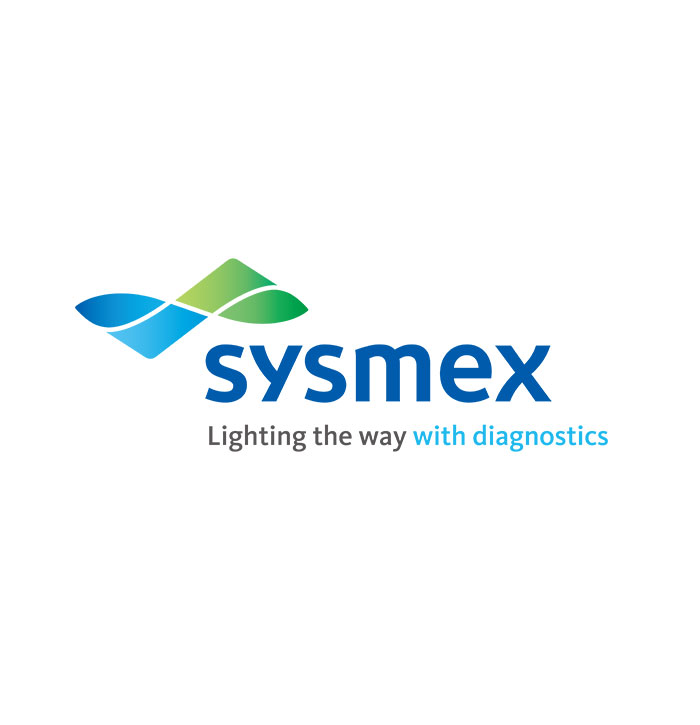Retinal regenerative medicine utilizing induced pluripotent stem (iPS) cells focuses on restoring damaged or degenerated retinal tissue using patient-derived cells reprogrammed into a pluripotent state. This cutting-edge approach holds promise for treating various retinal diseases, including macular degeneration and retinitis pigmentosa, by replacing lost or dysfunctional retinal cells with healthy, functional ones derived from iPS cells.
Challenges and Promise
Traditional treatment options for these retinal diseases, such as medications, laser therapy, and surgery, aim to slow down disease progression or manage complications but often cannot restore lost vision. In contrast, retinal regenerative medicine using iPS cells holds the promise of restoring vision by replacing damaged or degenerated retinal tissue with healthy cells derived from patient-specific iPS cells.
The Role of Induced Pluripotent Stem Cells
Induced pluripotent stem cells are adult cells, typically skin or blood cells, that have been reprogrammed to return to a pluripotent state, meaning they have the potential to differentiate into any cell type in the body, including retinal cells. This reprogramming is achieved by introducing specific transcription factors that reset the cell’s identity, allowing it to regain its ability to differentiate into various cell types.
Potential Therapeutic Applications
Patient-specific iPS cells can be differentiated into retinal progenitor cells, which have the capacity to develop into the different types of retinal cells, including photoreceptors, retinal pigment epithelium (RPE) cells, and retinal ganglion cells. These differentiated retinal cells can then be transplanted into the patient’s retina to replace damaged or dysfunctional cells, thereby restoring visual function.
Research Progress and Challenges
Research in this field has made significant strides in recent years, with preclinical studies demonstrating the feasibility and efficacy of iPS cell-based therapies in animal models of retinal degeneration. Moreover, early-phase clinical trials have shown promising results in terms of safety and potential efficacy in human patients with retinal diseases.


